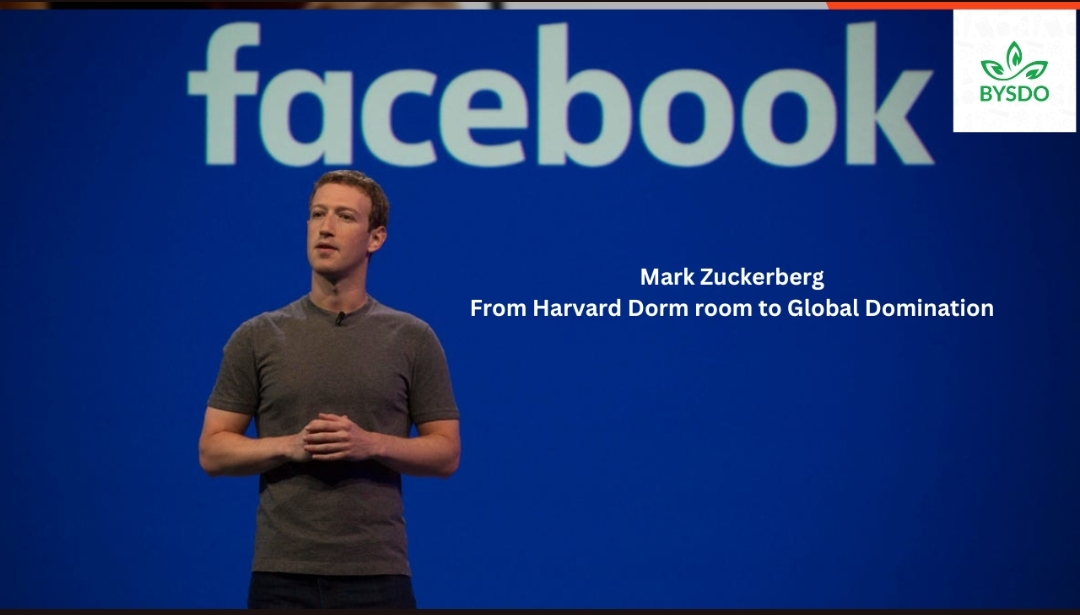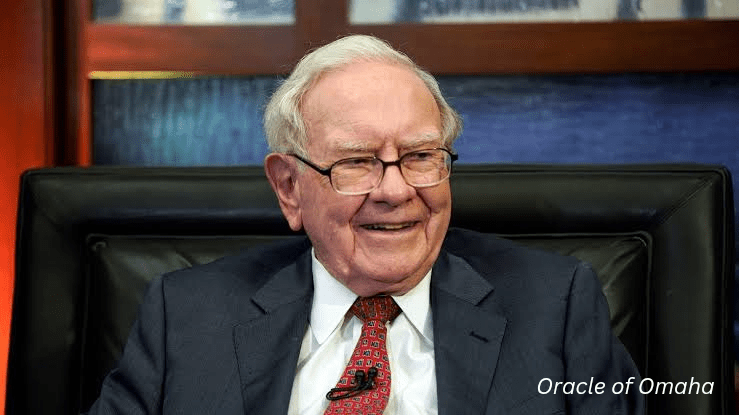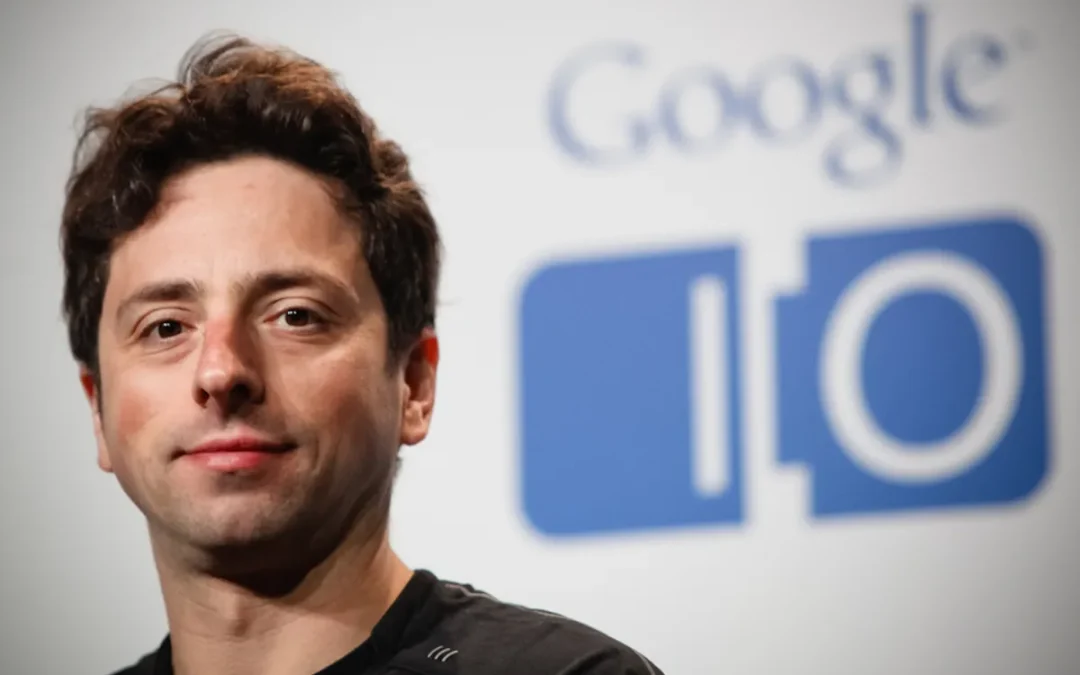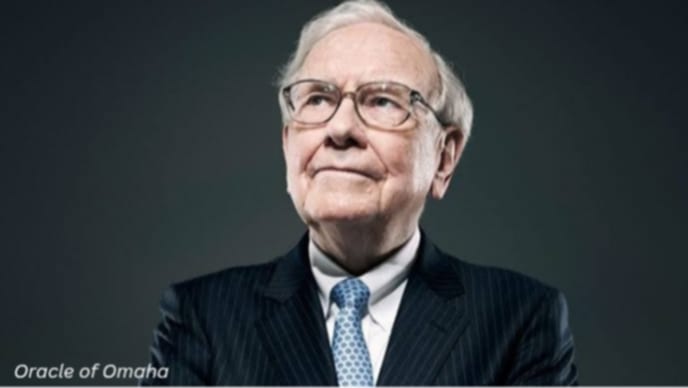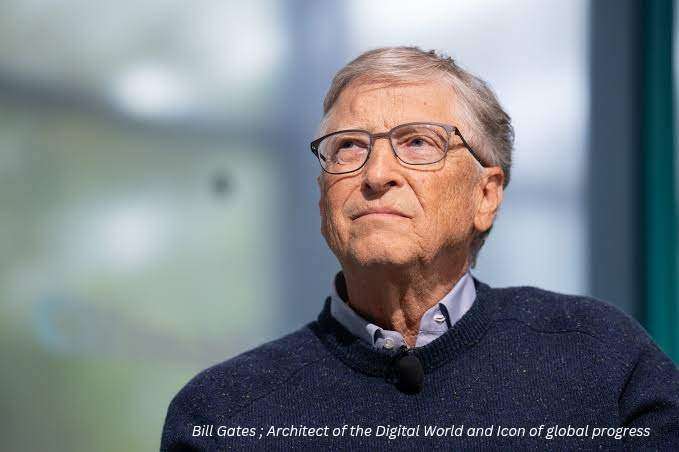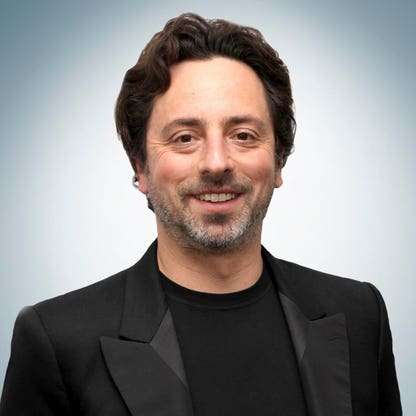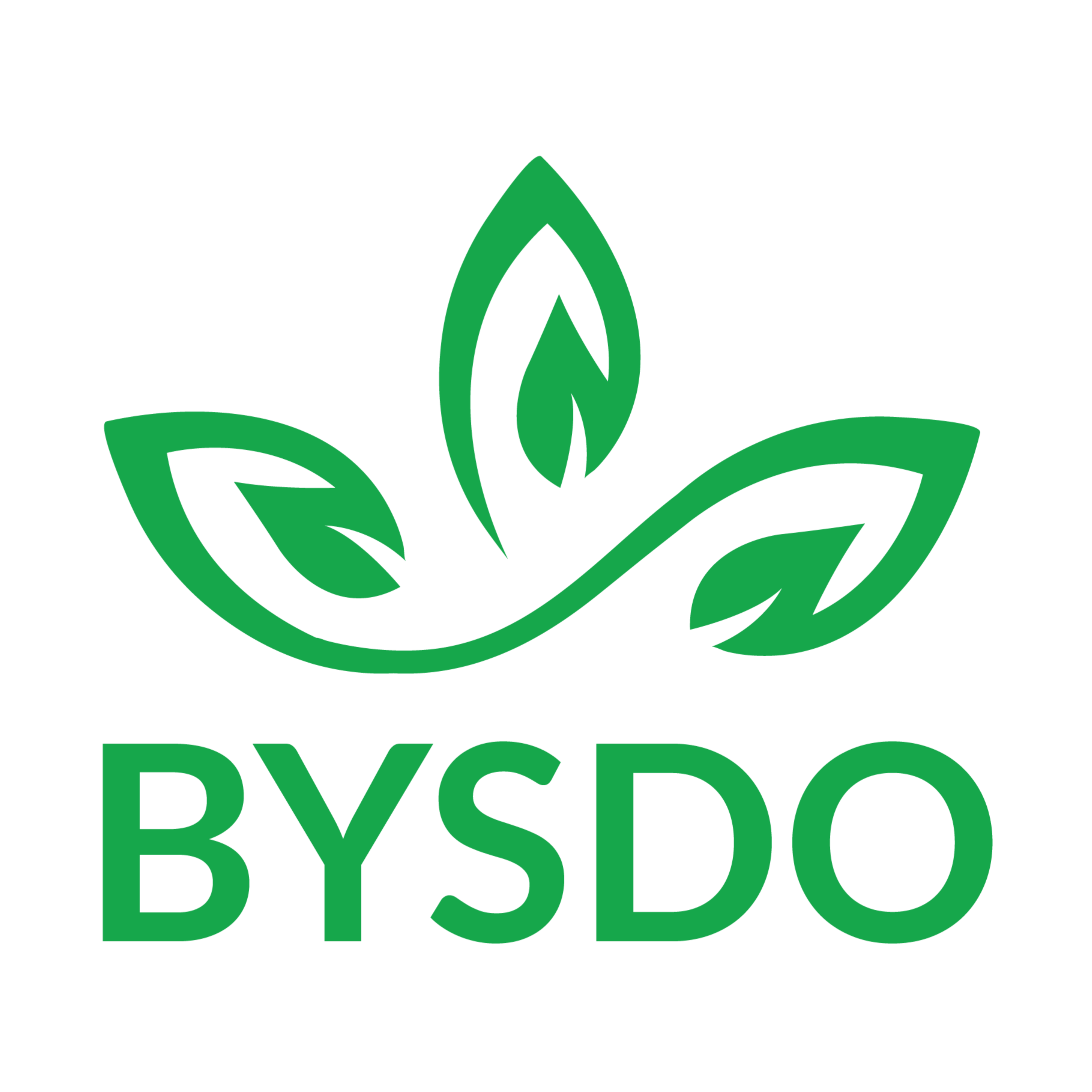Mark Zuckerberg’s journey from a college dormitory to one of the most influential figures in the world is a testament to the power of ambition, technology, and vision. As the co-founder and CEO of Facebook, a platform that connects billions of people worldwide, Zuckerberg’s path is not just one of success but also of overcoming obstacles and transforming the way people communicate and interact. From his early interest in technology to his current role in leading Meta, Zuckerberg’s story is an inspiring narrative that has left an indelible mark on the world.
Early Life and Education: The Foundation of Innovation
Mark Elliot Zuckerberg was born on May 14, 1984, in White Plains, New York, into a family of intellectuals. His mother, Karen, was a psychiatrist, and his father, Edward, was a dentist. Zuckerberg grew up in Dobbs Ferry, a small town in New York, where he was raised in a Reform Jewish household alongside his three sisters. From an early age, Zuckerberg was intrigued by technology, and his fascination with computers began when he was just a child.
At the age of 12, Zuckerberg created his first software, a messaging program called “ZuckNet” that allowed his family to communicate more easily within their home. His father, who had a dental practice, used it to connect with his receptionist. This early project was a precursor to Zuckerberg’s future as a tech entrepreneur, showcasing his ability to think creatively and his passion for problem-solving.
Zuckerberg attended Ardsley High School, where he was an exceptional student. But his thirst for knowledge was not confined to traditional education. His interests were diverse, ranging from fencing to literature and the classics. After high school, Zuckerberg transferred to Phillips Exeter Academy in New Hampshire, a prestigious private school known for its academic rigor. At Exeter, Zuckerberg further honed his intellectual abilities, excelling in both his studies and extracurricular activities. He captained the school’s fencing team and graduated with a diploma in classics.
The Spark of Innovation: Facebook’s Origins
Zuckerberg’s interest in computers and technology became more pronounced during his time at Harvard University. In 2002, he enrolled at Harvard, where he initially intended to study psychology and computer science. It was at Harvard that Zuckerberg met several future collaborators, including Andrew McCollum, Eduardo Saverin, Chris Hughes, and Dustin Moskovitz—who would later become crucial figures in the creation of Facebook.
In his sophomore year, Zuckerberg began working on a website called “Facemash,” a precursor to Facebook. Facemash allowed Harvard students to rate each other’s attractiveness by comparing their photographs side by side. The website quickly became popular, but it was shut down by Harvard administrators after just a few days due to privacy concerns and its controversial nature. Despite the setback, the experience taught Zuckerberg valuable lessons about web development, user experience, and the potential for social networks.
Drawing inspiration from Facemash and the social scene at Harvard, Zuckerberg began working on what would eventually become Facebook. In February 2004, he launched “The Facebook” from his dorm room, with the goal of creating an online platform that would help college students connect and interact. The website initially targeted Harvard students but soon expanded to other Ivy League schools, then to universities across the United States, and eventually to anyone with an email address.
The Facebook platform was simple but effective. It allowed users to create profiles, add friends, and share personal information and photos. The website quickly gained traction and became immensely popular among college students. The idea of having a centralized online community where people could connect based on their identities was revolutionary, and it resonated with the growing trend of social networking in the early 2000s.
The Rise of Facebook: From Dorm Room to Global Phenomenon
As Facebook’s popularity grew, Zuckerberg dropped out of Harvard in 2004 to focus on building the platform full-time. This was a bold move, but one that would pay off tremendously. In his early days as a full-time entrepreneur, Zuckerberg and his team faced numerous challenges, including securing funding and expanding the website’s infrastructure to support its rapidly growing user base.
In 2004, Zuckerberg moved the company to Palo Alto, California, where they set up shop in a small office. At this point, Facebook was still in its infancy, but the platform had already attracted the attention of investors. Sean Parker, the co-founder of Napster, became Facebook’s first president and played a crucial role in securing early investments. He also introduced Zuckerberg to venture capitalists such as Peter Thiel, who invested $500,000 in Facebook, giving the company the financial resources it needed to grow.
Over the next few years, Facebook’s user base exploded. By 2005, Facebook had expanded beyond universities and was open to anyone with a valid email address. The company continued to add new features, including the ability to post status updates, share photos, and join groups. It was during this time that Facebook began to develop the core elements that would make it the social media giant it is today.
By 2006, Facebook had become the dominant social networking platform, with millions of users worldwide. The company’s rapid growth caught the attention of major players in the tech industry, including Google and Yahoo. In 2006, Zuckerberg famously turned down a $1 billion offer from Yahoo to acquire Facebook. It was a pivotal moment in the company’s history, and Zuckerberg’s decision to reject the offer was a sign of his confidence in the platform’s potential.
Facebook’s Expansion: Diversification and Innovation
In the years following Facebook’s initial success, Zuckerberg and his team worked tirelessly to innovate and diversify the platform. One of the most significant moves in Facebook’s evolution was the introduction of the News Feed in 2006. The News Feed allowed users to see a continuous stream of updates from their friends, making Facebook more engaging and interactive. The feature was controversial at first, as users felt it was too invasive, but it quickly became one of the defining features of the platform.
Facebook also made several key acquisitions to expand its capabilities. In 2012, Facebook acquired Instagram, a photo-sharing app that would eventually become one of the most popular social media platforms in the world. The following year, Facebook acquired WhatsApp, a messaging app with over 600 million users at the time. These acquisitions allowed Facebook to expand its user base and cement its position as the leader in social networking.
In 2012, Facebook went public with an initial public offering (IPO) that valued the company at $104 billion. The IPO was a major milestone for Zuckerberg and the company, marking the transition from a privately held startup to a publicly traded tech giant.
The Transformation into Meta: Zuckerberg’s Vision for the Future
As Facebook grew into a global powerhouse, Zuckerberg continued to push the boundaries of what the platform could achieve. In 2021, he made a bold move to rebrand Facebook as Meta, signaling a shift toward the development of the “metaverse”—a virtual world where users could interact with each other and digital environments in real-time. The metaverse represents Zuckerberg’s vision for the future of social interaction, blending augmented reality (AR), virtual reality (VR), and artificial intelligence (AI) to create immersive experiences.
The rebranding to Meta was a significant step in Zuckerberg’s long-term strategy to diversify the company’s offerings and reduce its reliance on its flagship social media platform. The transition also reflects the growing importance of virtual reality and immersive technologies in shaping the future of communication and entertainment.
Challenges and Controversies
Despite Zuckerberg’s tremendous success, his journey has not been without challenges and controversies. Facebook has faced criticism over issues related to privacy, data security, and the spread of misinformation on the platform. The company has also been scrutinized for its role in influencing political elections and for its handling of user data.
In 2018, Facebook was involved in the Cambridge Analytica scandal, in which the personal data of millions of users was harvested without their consent. The scandal led to widespread public outrage and calls for increased regulation of social media platforms. Zuckerberg faced intense scrutiny from lawmakers and regulators, and the incident became a defining moment in the company’s history.
In addition to privacy concerns, Facebook has also been criticized for its role in the proliferation of fake news and extremist content. The platform has faced challenges in moderating content and ensuring that its algorithms do not amplify harmful or misleading information.
Conclusion: The Legacy of Mark Zuckerberg
Mark Zuckerberg’s journey from a Harvard dorm room to global domination is a story of vision, innovation, and perseverance. Through his leadership, Facebook has transformed the way people connect, communicate, and share information. The platform’s impact on society cannot be overstated, as it has reshaped the social, political, and economic landscape in profound ways.
While Zuckerberg’s story is one of incredible success, it is also a story of navigating the challenges and responsibilities that come with leading one of the world’s most influential companies. As Facebook evolves into Meta, Zuckerberg’s vision for the future of the internet continues to take shape. Whether it’s through the development of the metaverse or the continued growth of Facebook and its subsidiaries, Zuckerberg’s influence on the tech industry is undeniable.
As we look to the future, it’s clear that Mark Zuckerberg will continue to be at the forefront of innovation, shaping the digital world for years to come. Whether praised or criticized, his impact on the world is lasting and his story is far from over.
Maslaneya Haider Siza
Intern, Content Writing Department,
BYSDO,
Key word : Metaverse, Facemash, Facebook, Google, Zucknet.
Category : Biography Blog
